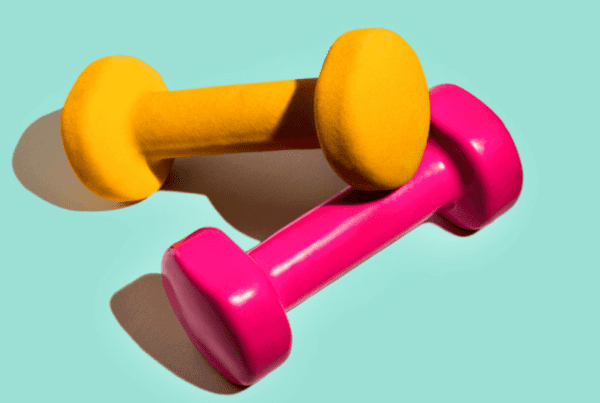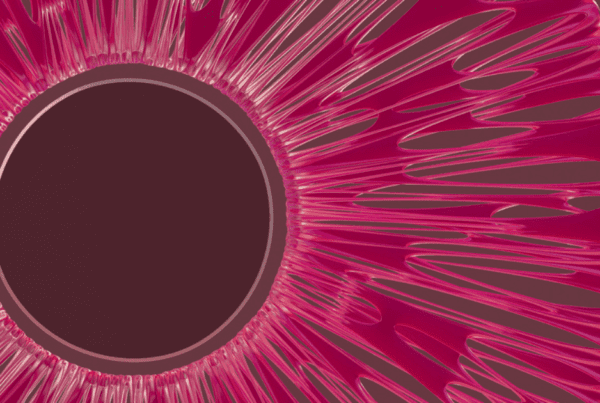Should our surgeons get naked in the OR?
It’s a cheeky question, admits Dr. Patch Dellinger, head of the Acute Care section of the General Surgery Division at UWMC. But it’s one he and two residents raised (rather cheekily) in Clinical Infectious Diseases. They scoured decades’ worth of literature for answers as to whether the standard OR uniform helped prevent surgical infections.
Here’s the naked truth: No Level 1 evidence exists that surgical scrubs cut down on bacteria being shed by surgeons. That means no rigorous, controlled studies have shown that scrubs keep germs out of patients’ wounds. In fact, several studies suggested scrubs increase the amount of bacteria shed by nurses and doctors, and scrubs with long sleeves do so more than bare arms. And one study found that people in the buff shed the least amount of all.
“The reason for that is the bacteria we put into the air comes from bits of skin flakes that fly off as our clothing rubs against our skin,” Dellinger said. “When not wearing any clothes, you don’t have anything rubbing on your skin to send flakes into the air.”
Of course, no study has ever shown that bacteria shed by surgeons and nurses has resulted in patient infections, he added. And no researchers have ever (nor likely will ever) explore the benefits of operating without clothes. So don’t worry – naked surgery won’t be coming to an operating room near you, Dellinger said.
The authors primarily wanted physicians to ponder a question: In the absence of evidence, where do guidelines come from?
“When solid Level 1 evidence for something exists, we should follow it,” he said. “But on the other hand, biology and medicine and humans are so complicated that there’s tons of stuff we don’t have that kind of evidence for.”
Dellinger has been interested in infection for his entire career; he even interrupted his surgical training to do an infectious disease fellowship. Despite the literature review, he’ll keep wearing the same OR uniform he has since 1969. Because that’s how to operate in the absence of hard evidence: Observe what you and your colleagues do and what the results are, and be willing to change habits and techniques when new information becomes available.
He added, “I always tell my residents that if I was only allowed to practice Level 1-based medicine, I’d be home every day by 10 a.m.”
Guest Writer: Jake Seigel


